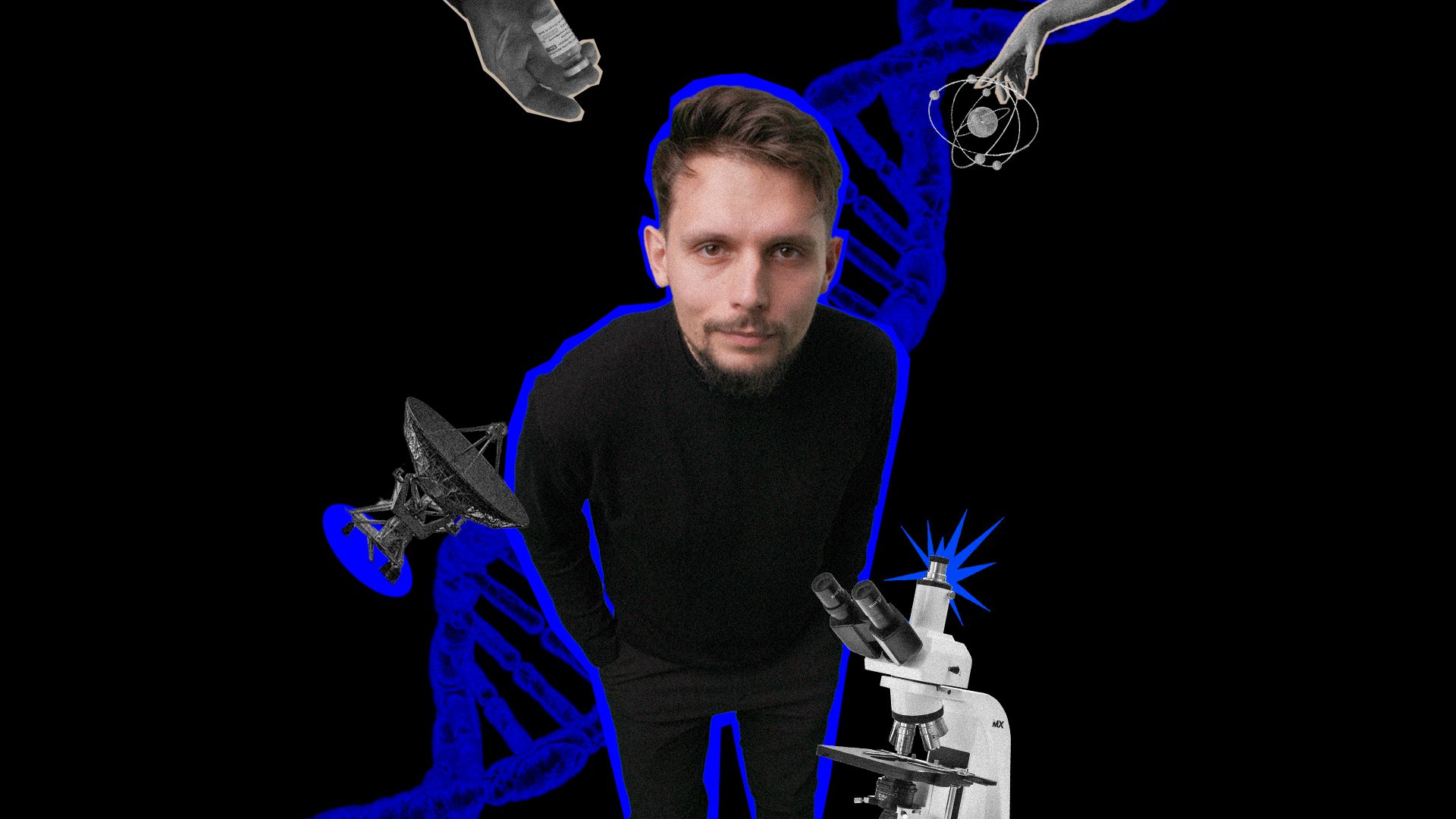

Ask, research, support. These three words sum up my role — or maybe just the nerd face emoji. Currently, I am working as a Scientific Research Lead at Kilo Health. But before that, I’ve always been on a similar path, starting my career as a Chief Public Health Specialist at various governmental agencies (both national and municipal levels).
In this article, I want to explore what it’s like to conduct research every day and share my findings on behavioral strategies, how our products impact customers’ health, and some specific topics like Glucagon-like Peptide-1 (GLP-1) agonists. These are used to treat type 2 diabetes and obesity and are commonly known through medications like Ozempic and Wegovy.
Did I just start explaining diabetes and obesity medications in the introduction? Oops, sorry about that. Let’s get to the article.
As I mentioned earlier, I’ve worked extensively on emergency situations and environmental factors like air and noise pollution, researching their impact on public health. In that role, I conducted in-depth research to recommend solutions for government bodies and educate the public on why certain health guidelines are essential and how they prevent serious health issues.
Since then, my focus has shifted. After joining Kilo Health, my team and I have been dedicated to proving that our HealthTech products related to chronic disease genuinely improve customers’ health — because every claim needs solid backing.
We’ve conducted numerous research studies, with six published in scientific journals. One even earned the “Study of the Year” award, which is a not-so-bad recognition in such a critical field.
My workdays are anything but predictable. One moment I’m diving into scientific studies, like the effects of curcumin on diabetes management, and the next I’m mapping out customer journeys, identifying behavioral barriers, and brainstorming ways to overcome them with behavioral strategies.
If someone asked me if they should step into this role, I’d say that having a basic understanding of health topics is key. But above all, curiosity is the most important trait — the drive to understand how different factors affect health and the mechanisms behind them. Of course, a bit of analytical interest also helps.
My latest discovery truly surprised me. I knew the U.S. had a major obesity issue, but during a recent workshop, I saw data that stopped me in my tracks: 42% of adult Americans are now obese, nearly double the rate since 1988. Even more alarming, 73.7% of U.S. adults are either obese or overweight.
That means almost 3 out of 4 adults in America are living with unhealthy weight, a major risk factor for chronic diseases. While this isn’t a new issue, seeing these numbers really underscores how serious the problem is.
Despite all the weight-loss options—diet programs, gym memberships, apps, supplements, and medications—the obesity rate has doubled. This shows that none of these solutions are fixing the problem on a large scale. While some work for individuals, the overall trend keeps going in the wrong direction.
This is where medications like Ozempic enter the picture. By now, it seems everyone has heard about it, and its use has expanded beyond just treating diabetes — it’s now being used to address obesity as well.
GLP-1 agonists like Ozempic and Wegovy are popular for managing type 2 diabetes and obesity. Instead of diving into their side effects or how well they work, my focus is on exploring natural remedies that can help boost GLP-1 hormone levels.
Not everyone with excess weight needs GLP-1 agonist medications — they’re prescription-only for a reason. But with the growing hype around the GLP-1 hormone, now’s the perfect time to highlight that certain foods, especially those rich in protein and fiber, can naturally boost GLP-1 secretion.
These foods help the body enhance its natural GLP-1 activity, though they don’t work as powerfully as the medications. It’s worth stressing again: not everyone needs a direct GLP-1 agonist to see results.
Right now, I’m focusing on integrating behavioral science into our health products, making sure the features and claims we present to customers are backed by solid evidence. I use existing research to identify potential new offerings and create educational content designed to improve health outcomes or prevent future complications.
I also work on mapping out customer journeys, pinpointing the behavioral barriers that stop users from completing tasks, and exploring how we can solve these issues with strategic behavioral interventions.
The constant challenge is finding reliable, up-to-date data. Take obesity rates in the U.S., for example — it sounds simple enough to Google, right? But here’s the catch: the data from credible sources, like government agencies, might be from 2018, while the most recent statistics from 2023 may come from less trustworthy sources and might not factor in the effects of COVID-19.
This makes it tricky to decide which data you should base your hypothesis on.
One of our first big wins using behavioral science was a simple reminder. We wanted to motivate people to check their blood glucose regularly and found that mornings worked best. So, we sent a nudge before bedtime, asking users to place their glucose kit by their toothbrush or nightstand. After 90 days, users who got the nudge logged their glucose levels much more often than those who didn’t.
Do you have an interest in making people live healthier lives? Study our careers page.

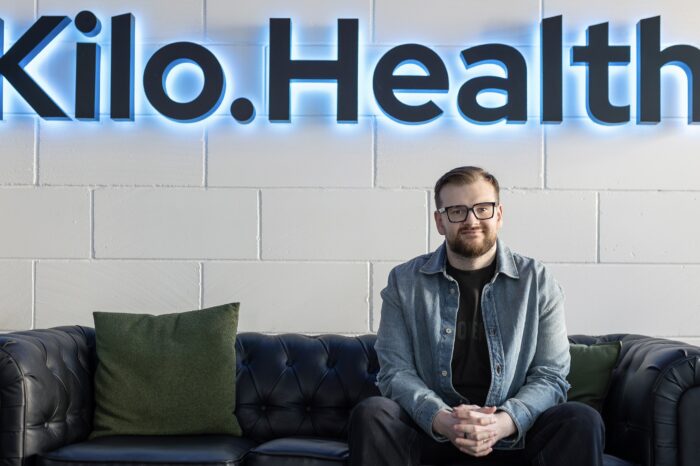
Kilo Health concluded 2024 on a strong note, achieving stable revenues and growth, alongside a team of 450 employees. In 2024, the company’s consolidated revenue remained steady at €234 million, the same as in 2023. Despite external market challenges, Kilo…
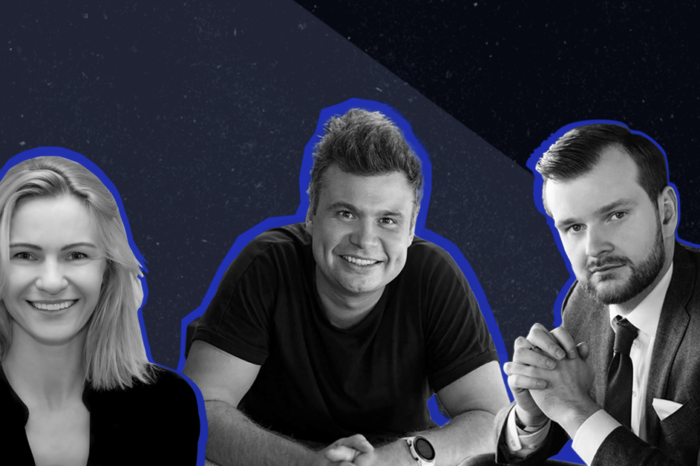
As we’re entering an exciting new chapter of business growth and leadership, it’s the perfect time to catch up on the latest changes in our team and where we’re headed next. Dive in and get to know our new CEO…

I’m Matas, and when asked, I refer to myself as an intern — always learning. However, research, strategy, business development, and idea generation are the cornerstones of my work. I want to pull back the curtain and give you an…

I’m Deimante, currently Head of Marketing at Kilo Health, and a big lover of this company. My journey to being hired at Kilo has been quite the ride. How it all started? I underwent interviews with 11 different people and…

Ever dreamt of taking the lead, even if the path isn’t crystal clear? Or to have someone believe in you and offer you a chance to figure out whether you would thrive in a startup environment? Speaking of which, Kilo…
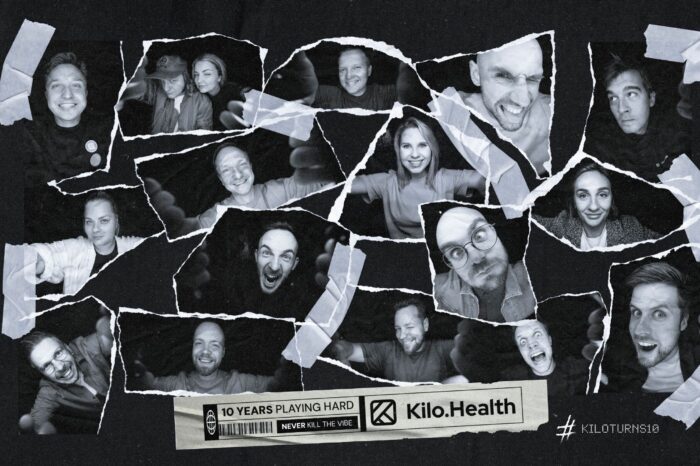
A whole decade has raced by in the blink of an eye for us at Kilo Health, and what better way to celebrate than to reflect on the milestones and lessons over the years? Do you know where we started?…
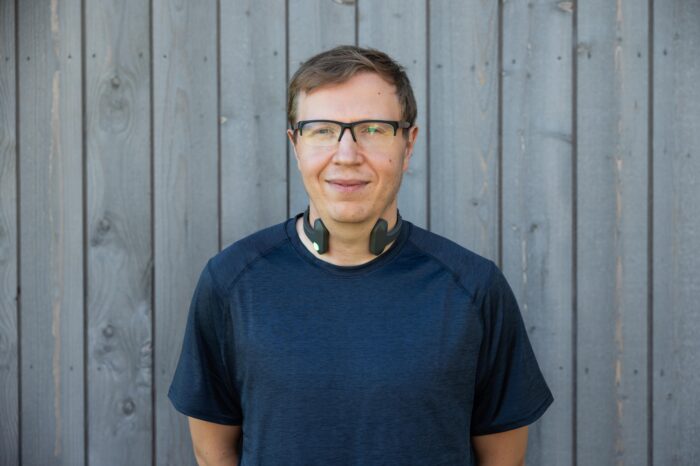
We, the co-founders, are just ordinary individuals with grand ambitions. There are times when we work twice as long and intensely as others, yet we’re equipped with the same amount of daytime, energy, and capacity. However, as leaders in the…

There’s no enchanting tale behind how I became a part of Kilo Health. In truth, some of us regular folks simply have regular journeys, and that’s perfectly fine. What counts is that today, I hold a successful product in my…

Reflecting on your achievements from the previous year is advantageous. That’s exactly what we did, proudly demonstrating our boundless aspirations through an impressive 84% growth and 213 million euros. So let’s put our hands in the air and celebrate together,…

I joined Kilo Health back in 2019, and I can prove that when people’s values and mindsets align, great things can be accomplished, even if you don’t have a plan. BoomeranGO!, the first and only product for children provided by…
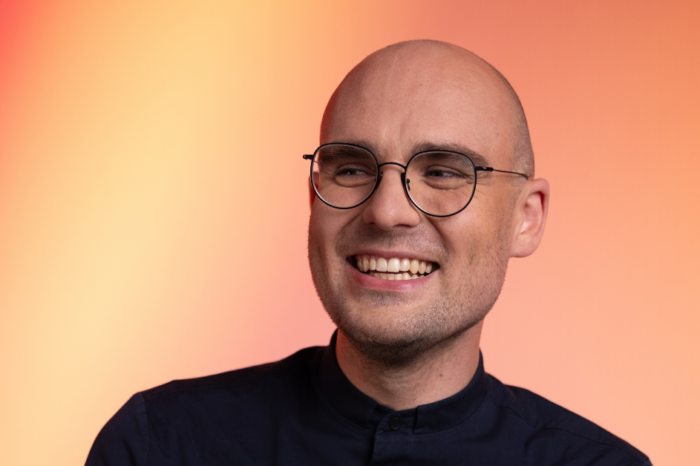
Lighting, sound, set, and actors are essential components of a film studio, but they are not the sole factors that define its success. Consistent creativity, appreciation of talent, and adaptability to market trends are a few of the things that…
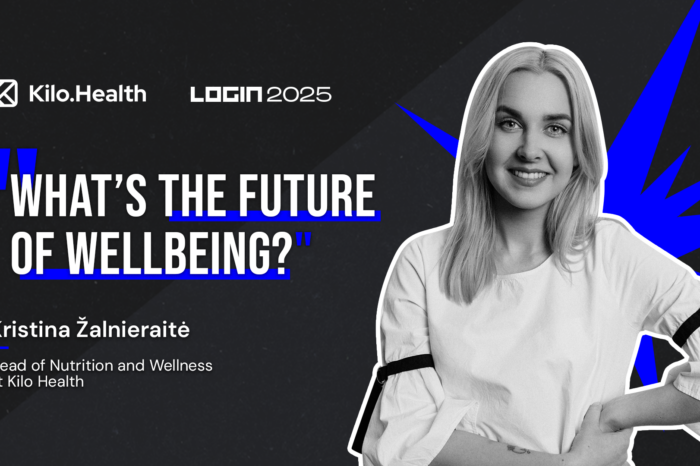
Imagine a world where technology creates a tailor-made meal plan and recommendations after analyzing different data about you. This is not science fiction but a reality that is fast approaching. Traditional plans drawn up by nutritionists are already being replaced…

Hey, I’m glad you’re here — I’m Viktorija Jokantaite-Kutke, the CEO of the Weight Management Accelerator at Kilo Health. One thing about me is that I don’t do boredom. I am always moving, always building. Try to keep up! When…